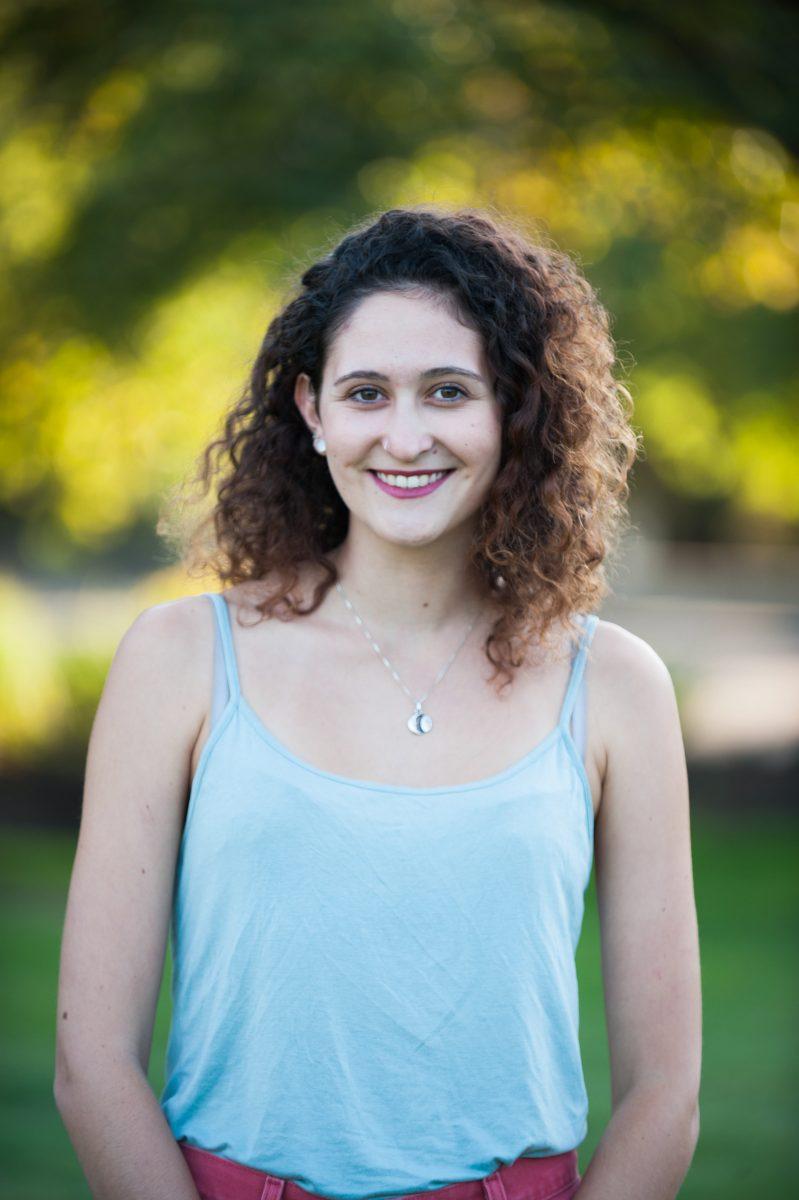Khaled, a 19-year-old fellow intern I met at Comunicación Corporativa Ketchum in Costa Rica, had already began to build a life story more difficult and intense at the age of 16 than most middle age people could ever imagine.
Khaled was born in Syria but was able to flee to Costa Rica under a student visa. His plan for the next three years was to collect enough money to send back home to the rest of his family to help them pay off smugglers and escape the civil war that has been taking place since 2011.
Living through a war must be hard enough to imagine, but a civil war is truly gruesome and frightening. At 16, Khaled began to create a life for himself in a country so foreign and culturally different to his own. Since then he has picked up Spanish and perfected his English in school.
The past three years, Khaled has managed to save around $20,000 to send home in hopes of being reunited with his family once more. When I met Khaled his family had already been 19 days on the road since they had fled Syria. They had made it all the way to a small town near Frankfurt, in southwest Germany. Both his parents, 6-year-old brother and 14-year-old sister over the course ofseveral weeks had been crammed into trucks, taken rides on boats, walked for miles on end and had to set up camp in places I cannot even imagine.
Their next greatest challenge was finding a way from Germany to the Netherlands, their final destination.
Khaled was particularly anxious the second time I met him. He kept straying from our work together to check a text conversation in Arabic. He even left the room a couple times to speak on the phone softly. I asked him what was up, and that was when he told me of his family’s current situation in Germany.
The smugglers had given his family all fake identifications of which they were supposed to use on a train to the Netherlands the following day. Khaled explained his fear for his family and the German security on the train.
After telling me his story we continued to work on our project which seemed to have lost all of its importance and meaning and truly felt silly. I tried to refocus myself but kept thinking of his family, alone in Germany.
I invited Khaled to come out for some drinks with me and a few of our coworkers. On our way to the restaurant I remembered of a rideshare service I had used in Europe called Blah Blah car which you could sign up for online and did not require any form of ID. I immediately told Khaled about Blah Blah car. His eyes light up with excitement and he asked the driver to pull over at the next bus stop. He apologized for his abruptness and explained that he needed to get home to call his family before they got on the train.
The next morning he came in with a bright smile on his face and told me that his family had made it to Amsterdam and were safe. Their next step was to apply as refugees and begin their new lives as Dutch.
Khaled told me his dream was to work for Google some day andhe had hopes of soon reuniting with his family for the first time in three years.
The shocking recent photo of a child washed up on the shore of a beach in Greece has sadly been the main trigger to the media’s attention revolving the current issue that is happening in Syria.
Since then reporters and news sources have been following the case of many refugees trying to escape, yet the main problem still exists. No one talks about the civil war that is still happening in Syria and the many lives it is and has been taking before people even get the chance to escape.
Khaled’s story luckily has a happy ending, but this hasn’t been the case for many others. As we can clearly see, the war in Syria isn’t getting much better. Europe’s gates are slowly closing to the thousands of new refugees fleeing. Germany is struggling to manage the huge influx of refugees that has hit them and is debating how to deal with their current regulations regarding people seeking asylum.
It shouldn’t take one heartbreaking photo to peek the interest of people and the media to see the greater problem at stake. It’s been four years since the civil war in Syria broke out and only now are we really beginning to hear about it and care. We’ve become so desensitized that it takes a photo of a dead child, face down in the sand to see a reaction out of us, and is it even ethical to share that photo?
Does this photo encourage a new culture of gruesome images and violence, shootings, suicides and more, where the only way to seek a reaction out of the public, especially the American public, is to put an awful image to the face of the problem?
Awareness only from tragedy
Donate to Sonoma State Star
Your donation will support the student journalists of Sonoma State University. Your contribution will allow us to purchase equipment and cover our annual website hosting costs.





![[Both photos courtesy of sonoma.edu]
Ming-Ting Mike Lee stepped in as the new SSU president following Sakakis resignation in July 2022](https://sonomastatestar.com/wp-content/uploads/2024/04/CC4520AB-22A7-41B2-9F6F-2A2D5F76A28C-1200x1200.jpeg)


























